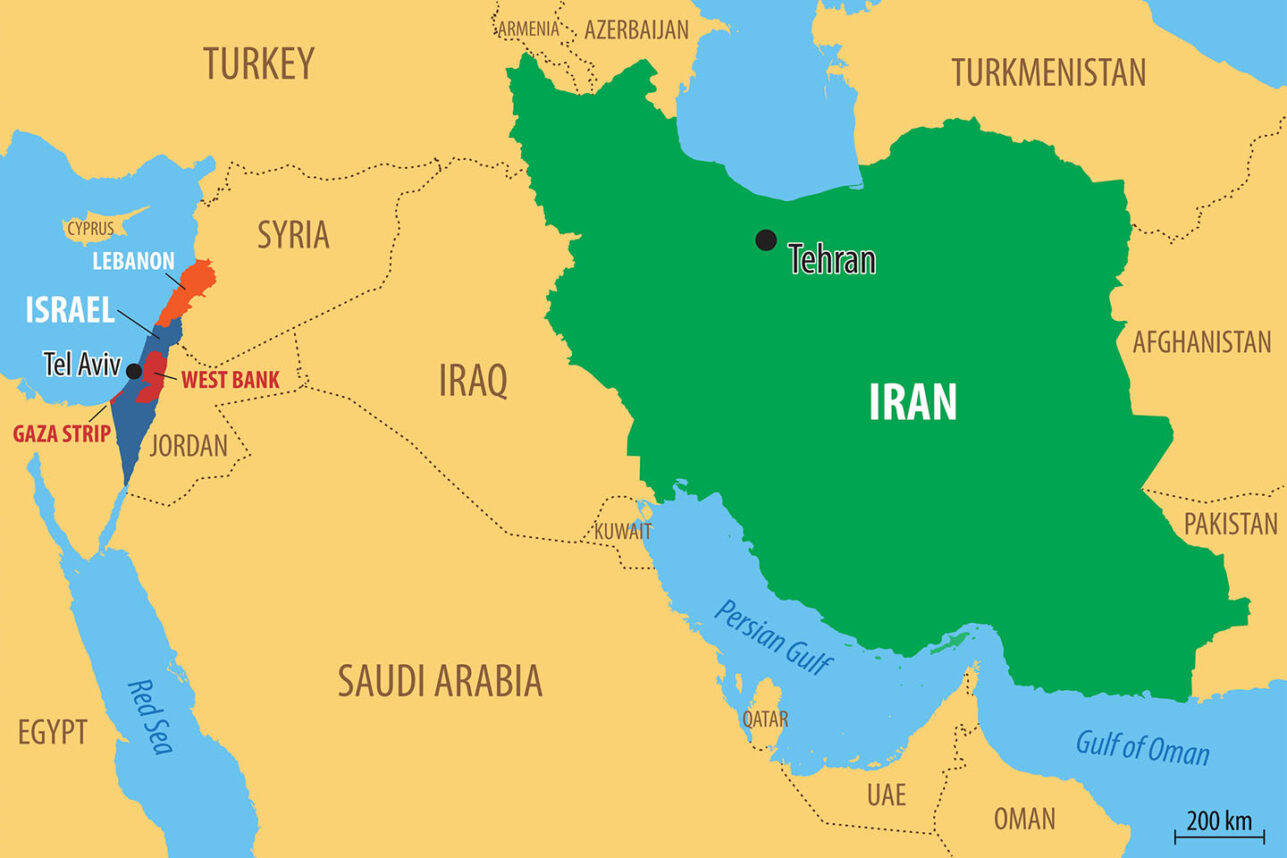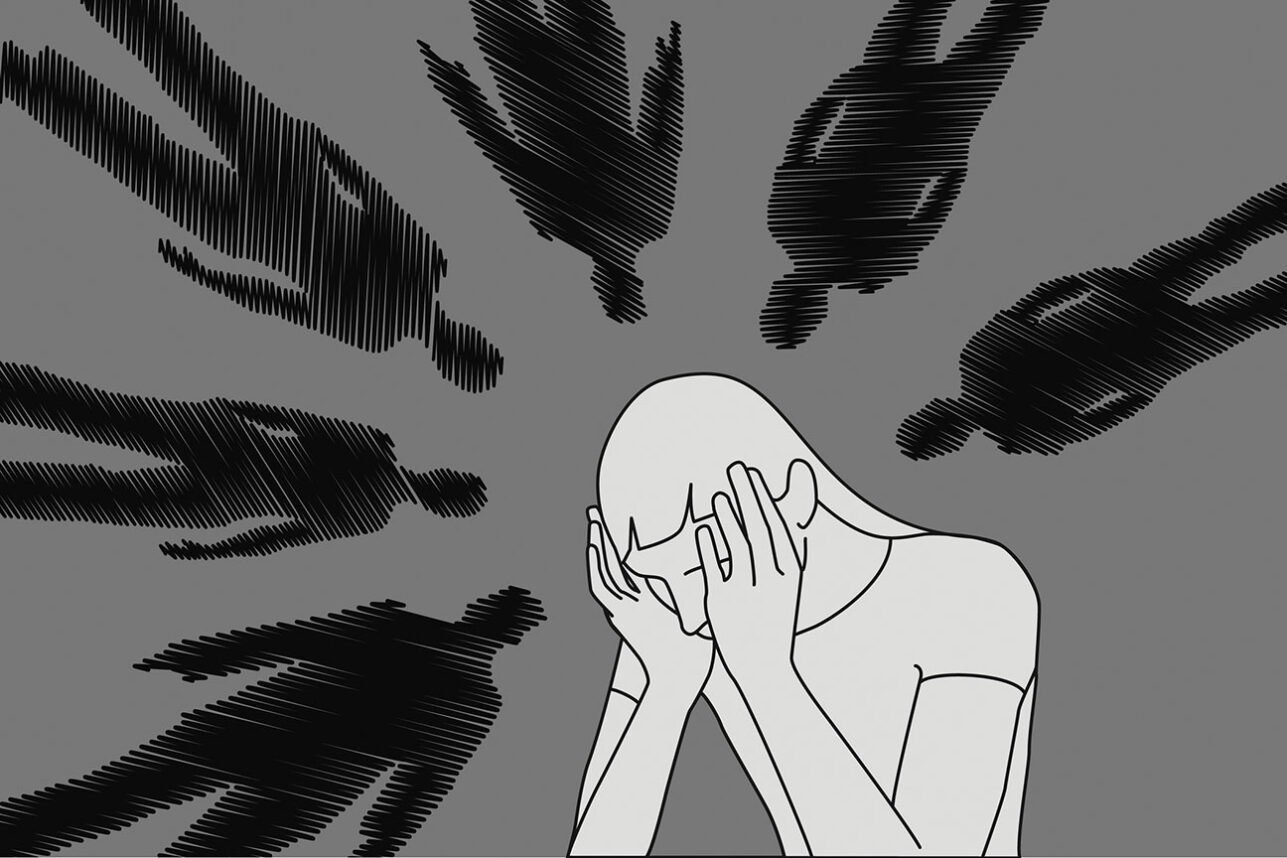from a full treatment of Kol Isha: “The assertion of the Maharshal, (accepted as practical halakha) that psychological and spiritual need is considered an important concern that justifies reliance upon a lone or minority halakhic opinion. And according to reliable accounts, there are women in certain communities who are so offended by the ruling forbidding them to sing in public that they turn away from the Torah and commandments due to it.”
Writing about Kol Isha (Techumin Vol. 32), Rav Moshe Lichtenstein noted this point and rightly points out that as far as many in the public are concerned, a strict ruling on Kol Isha, is a rule that sheds light on the entire system of halacha, i.e. a system that discriminates against women by restricting their self expression.
There are legitimate and well-substantiated alternative views regarding the nature of the Kol Isha prohibition.
Rav Bigman notes that according to some authorities, the prohibition of Kol Isha only applies in the context of the recitation of the Shema.: “Important Rishonim held that the main prohibition of listening to a woman's voice is only during the recitation of the Shema and other core parts of the prayer service, in accordance with the intuitive context of Shemuel's statement “the voice of a woman is erva.”
“> wonders why the stricture against Kol Isha is upheld with such vigor while other prohibitions meant to limit contact with women and possible transgression are not. For example, he notes that Shulchan Aruch rules as follows: “ A [male] person has to distance himself from women, very very much” and then asks: “Do all of those who arise to forbid hearing the voices of women uphold everything that is written in this halahka? Do they distance themselves from women very, very much? The answer is “absolutely not!”; certainly not [according to] the intent of our teacher [R. Yosef Karo]. It should be expressed in clear language: in our day, society is mixed (men and woman). And even in the most stringent haredi groups, there is a mixed society at various levels. Work places are mixed, even in the haredi sector, and married men and married women meet there on a daily basis for the course of hours. The grocery stores in this sector are completely mixed, at banks married men and married women work and meet; likewise, in the markets, the streets, and every locale. We find, then, that this halakha has been dismissed and ignored, until it is no longer regarded strictly. Go out and see what people do in the market.”
His answer is insightful: “From a logical point of view, this [inconsistency] is intolerable, especially because those same people who rule stringently are not generally known for deficiencies in [halakhic] judgment. It seems to me, and this should be said as a generalization, that what is being considered is not really a matter of [women’s] modesty. Rather, halakha is being used as a religious marker. That is to say, in a situation where it is quite impossible to be stringent, such as distancing oneself from women very, very much, people aren’t careful. But it is very easy to be stringent in forbidding hearing a woman’s voice, while – in the best case – the added value of an internal sense of religiosity is great. In a less positive light, it is a minute effort for a huge return of being able to externally demonstrate one’s religiosity. This phenomenon, that generally is quite widespread, is worthy of penetrating criticism, and the words of the prophets are brimming with such [criticism].”
Rav Shammah makes another interesting point about how Halacha considers subjective reality. “Centuries ago, the Ritv”a relied on this principle, [and wrote] at the end of Kiddushin: “ … and so is the law that everything is according to what a person knows about himself, if it is appropriate for him to maintain a distance [from women] because of his sexual urges, he should do so, and [for him] even to look at women’s colored clothing is forbidden … while if he knows that his sexual urges submit to him and are under his control … he is permitted to look and to speak with a woman who is forbidden to him and to ask the well-being of another man’s wife, and that was the situation with Rabbi Yohanan who sat near the gates of the mikve and was not concerned about his evil inclination, and [with] Rabbi Ammi,
in front of whom the king’s maidservants went out [to sing and praise him], and [with] several of the Sages who conversed with those ladies, and [with] Rav Ada bar Ahava of whom it is said in K’tubot that he lifted a bride on his shoulders and danced with her and did not concern himself with [unseemly] thoughts- [all these behaved as such] for the reason that we stated …”.
In addition, in spite of all the complexity and difficulty with the matter, one should not easily dismiss the [concept] of the public becoming accustomed [to mixing with women], or that [the public] does not perceive a woman’s voice as [provoking] lewdness. This [aspect] of being accustomed [to mixing with women] has significant weight in general reasoning, and the poskim have relied on it, each according to his method.”
Others have limited the prohibition to circumstances when one intends to enjoy forbidden pleasure (Sdei Chemed citing Rabbi Aharon De Toledo. This is also the opinion of Rambam according to Rabbi Yechiel Yakov Weinberg) or only to women whom the listener knows personally.
The Orthodox establishment should consider these views as L’Chatchilla rulings in the service of the overarching goal of making Halachik living accessible and tolerable to as many people as possible.
I will close with a quote form Rav Chaim of Volohzin reminding us of the difference between theoretical Halacha and the very real people affected by Psak Halacha.
“I see that regarding most things we are headed in the same direction. It is just that you incline toward stringency, since the matter is not cast upon you. Just like you, I too did not turn to the allowances that emerge from study before the burden of decision-making was placed upon my shoulders. Now, however, as a result of our many sins, our environs have been orphaned of its sages, and the yoke of ruling for the entire area was placed on my shoulders … And I calculated with my Maker, and I saw it a personal obligation to gather all my strength in order to persevere in finding a remedy for the agunot. (Responsa Chut Ha-meshulash I:8) (see

































 More news and opinions than at a Shabbat dinner, right in your inbox.
More news and opinions than at a Shabbat dinner, right in your inbox.